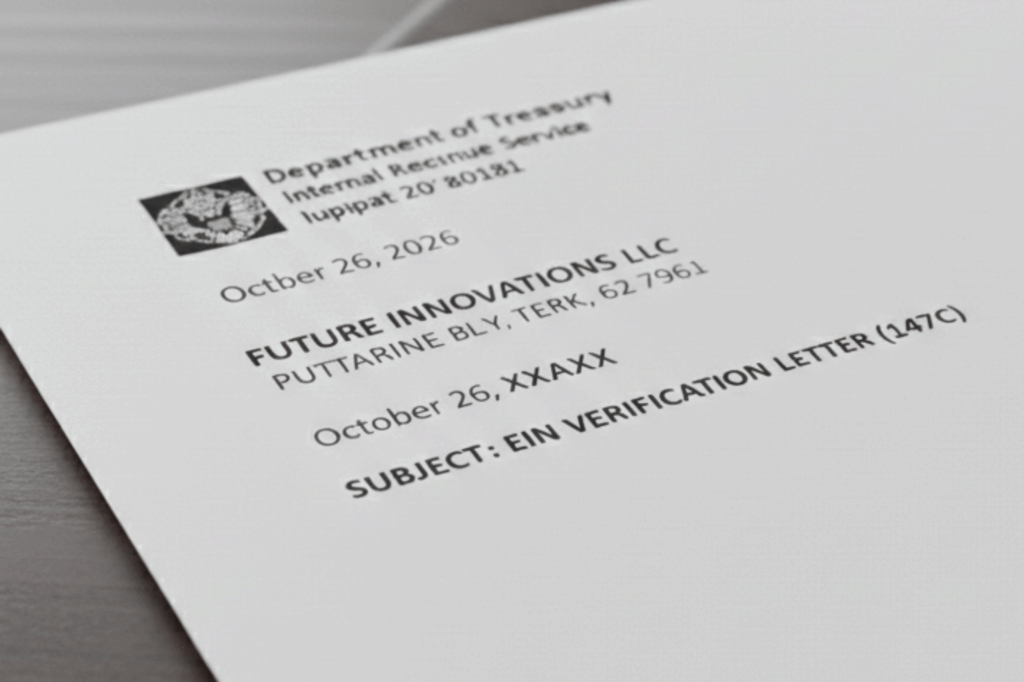Register a Company in Delaware, USA: The Complete Guide for Entrepreneurs
Why Delaware Is the #1 Choice for Company Formation
Delaware has built a global reputation as the most business-friendly U.S. state. More than two-thirds of Fortune 500 companies and hundreds of thousands of startups are incorporated in Delaware. The state offers a unique combination of:
- Strong legal protection through the Delaware Court of Chancery
- Business-friendly tax structure (no sales tax, no state income tax for out-of-state income)
- Privacy (no requirement to list owner names in public filings)
- Global credibility (a Delaware LLC or C-Corp is widely accepted by investors, banks, and marketplaces)
Whether you’re a non-U.S. resident looking to access U.S. markets or a domestic entrepreneur, registering a company in Delaware is often the most strategic choice.
Step-by-Step Guide to Register a Company in Delaware
1. Choose Your Business Structure
The two most common entities in Delaware are:
- Delaware LLC (Limited Liability Company): Flexible, simple to manage, ideal for small businesses, freelancers, e-commerce entrepreneurs, and international founders.
- Delaware C-Corporation: Best for startups planning to raise venture capital or issue stock.
👉 Most non-U.S. entrepreneurs prefer an LLC because of its tax flexibility and minimal compliance requirements.
2. Select a Company Name
Your company name must be:
- Unique and distinguishable in the Delaware Division of Corporations database
- Include designators like “LLC” or “Inc.” depending on the entity type
- Not infringe on trademarks or existing businesses
💡 Tip: Reserve your company name online before filing if you’re still finalizing your structure.
3. Appoint a Registered Agent
Delaware law requires every company to maintain a registered agent with a physical address in Delaware. This agent receives official documents, service of process, and compliance notices on your behalf.
For non-U.S. residents, this step is essential since you cannot use a foreign address for compliance.
4. File Your Certificate of Formation or Incorporation
- LLC: File a Certificate of Formation with the Delaware Secretary of State.
- C-Corp: File a Certificate of Incorporation.
This filing makes your business officially recognized under Delaware law. Online filings are typically approved within 1–3 business days.
5. Obtain an EIN (Employer Identification Number)
An EIN (Tax ID) is required for:
- Opening a U.S. business bank account
- Paying U.S. federal taxes
- Hiring employees
- Registering with payment processors and marketplaces
👉 Non-U.S. residents can apply for an EIN without a Social Security Number (SSN).
6. Open a U.S. Business Bank Account
To operate smoothly, you’ll need a U.S. bank account. Delaware companies are accepted by both traditional banks (e.g., Chase, Bank of America) and fintech banks (e.g., Mercury, Wise, Brex).
Some banking partners allow remote applications without requiring travel to the U.S.
7. Maintain Compliance
After registration, ensure you meet Delaware’s ongoing requirements:
- Annual Franchise Tax & Report (due March 1 for corporations, June 1 for LLCs)
- Registered agent renewal
- Federal tax filings with the IRS
- Beneficial Ownership Information (BOI) Report (required under FinCEN rules for most businesses formed in 2024 and beyond)
Delaware Company for Non-U.S. Residents
Delaware is especially popular among international founders because:
- You don’t need to be a U.S. citizen or resident
- You don’t need a U.S. address to register
- You can manage everything remotely
- Delaware companies are accepted by Stripe, PayPal, Amazon, Shopify, and U.S. banks
For non-residents, Delaware LLCs are typically pass-through entities, meaning profits are taxed only at the owner’s level, avoiding double taxation.
Delaware vs. Other States: Why Delaware Wins
| Feature | Delaware | Wyoming | Florida |
|---|---|---|---|
| Court of Chancery | ✅ Yes | ❌ No | ❌ No |
| Annual Fees | Moderate | Low | Moderate |
| Privacy Protection | High | High | Medium |
| Venture Capital Friendly | ✅ Yes | ❌ No | ❌ No |
👉 If you plan to raise funding or expand globally, Delaware is unmatched.
Frequently Asked Questions (FAQ)
1. Can I register a Delaware company without visiting the U.S.?
Yes, you can complete the entire process online through authorized agents.
2. Do I need a U.S. address to register?
No, only a registered agent address in Delaware is required.
3. How long does it take?
Standard processing: 1–3 business days. Expedited options are available.
4. Do I have to pay state income tax in Delaware?
No, if your income is generated outside Delaware, the state does not tax it.
5. Is Delaware the best choice for startups?
Yes, especially for startups seeking U.S. credibility, venture funding, and global banking access.
Final Thoughts
Registering a company in Delaware, USA gives entrepreneurs worldwide a gateway to the U.S. market, banking system, and global credibility. Whether you’re a startup founder, e-commerce seller, freelancer, or investor, Delaware provides unmatched advantages.
👉 Ready to get started? Register your Delaware company today and unlock new opportunities in the world’s largest economy.







